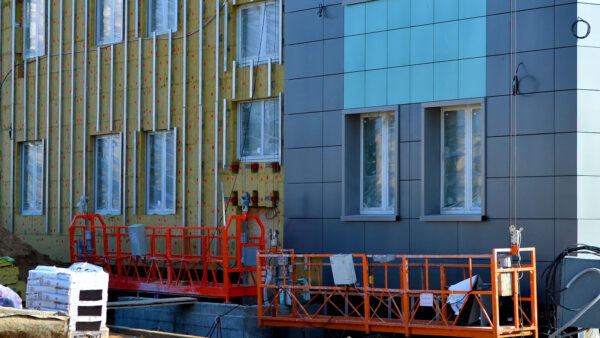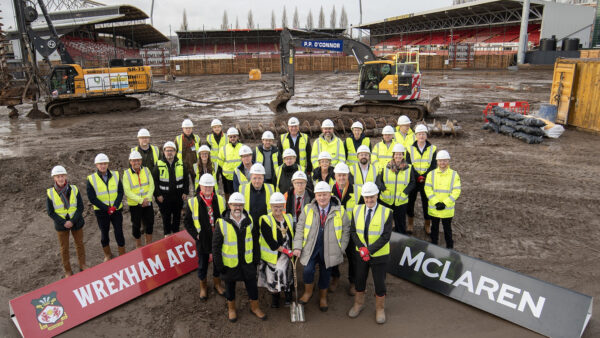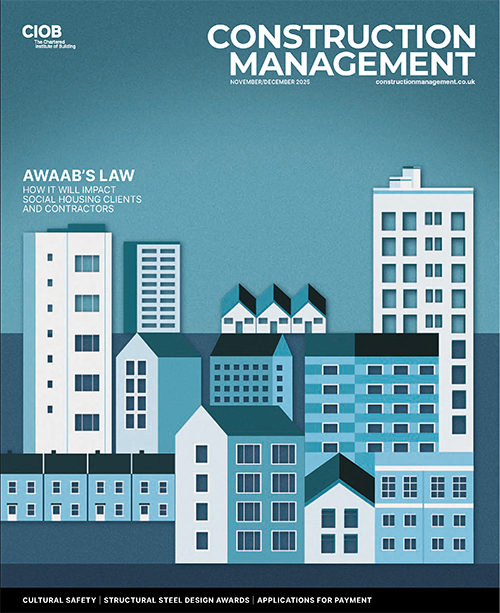
Recommendations to end the free movement of labour from the EU after Brexit would be a “painful driver of change” for construction, according to the author of one of the industry’s most influential recent studies.
Under the ‘Canada-style’ migration system set out by the Migration Advisory Committee (MAC), EU workers should be subject to the same visa rules as other migrants. A cap on the number of high-skilled migrants coming to the UK would be scrapped, while access for lower-skilled workers would be restricted.
It also suggested there should be no preferential access to the labour market for citizens of any other country or sector-specific schemes bar agriculture.
Mark Farmer, chief executive of Cast Consultancy and author of Modernise or Die, a review of the UK construction labour model published in 2016, suggested the proposals would be a way, albeit a painful one, of forcing the construction industry to change.
He said: “The MAC report published earlier is putting the construction sector on notice – don’t expect any special measures to safeguard continued use of migrant low skilled workers. Despite sector lobbying this is going to be a painful driver of change.”
However, the Civil Engineering Contractors Association (CECA) expressed “serious concern” over the recommendations.
CECA director of external affairs, Marie-Claude Hemming, said: “CECA is concerned that if adopted by Government, the MAC’s recommendations have the potential to slow down the development of infrastructure across the UK.
“This will impact upon the Government’s ambition to rebalance the economy, as the proposed recommendations risk a ‘brain drain’ as workers from the rest of the country are drawn to London and other industry hotspots, replacing lost migrant workers. This could devastate the delivery of local and regional projects nationwide.
“We support MAC’s recommendations around recruiting home grown talent to meet demand, but with near record low youth unemployment in the capital, options here are limited.
“CECA believes that in the long term, wider industry change including technology will address some of these recruitment challenges. But in the meantime any future migration system must be flexible enough must ensure that a shortage of workers does not block delivery of vital projects.”
Meanwhile, the Federation of Master Builders (FMB) warned the proposals would “cripple” the construction industry.
Chief executive Brian Berry said: “Today’s report makes very worrying reading for the tens of thousands of small construction firms across the UK who are already deeply concerned about the skills shortage.
“Its recommendations ignore the pleas of construction employers who have called on the Government to introduce a visa system based on key occupations rather than arbitrary skill levels. Instead, the proposal is to apply the Tier 2 immigration system to EU workers, which would be disastrous for small and micro construction firms.”











Comments are closed.